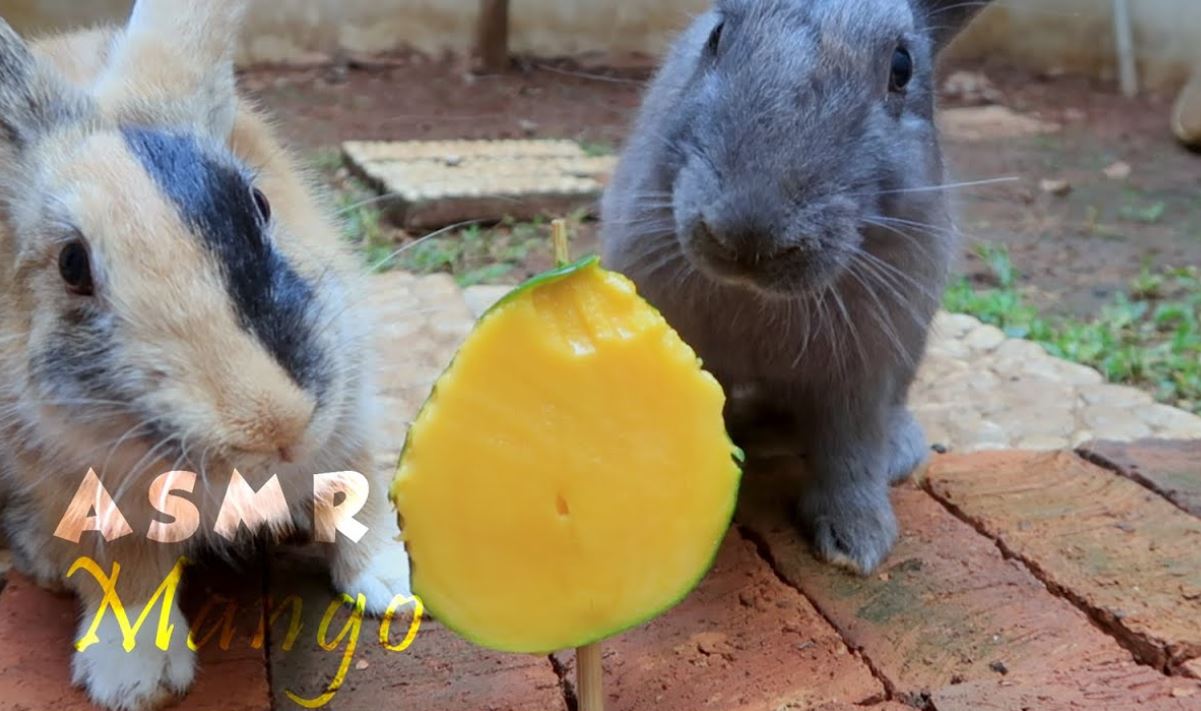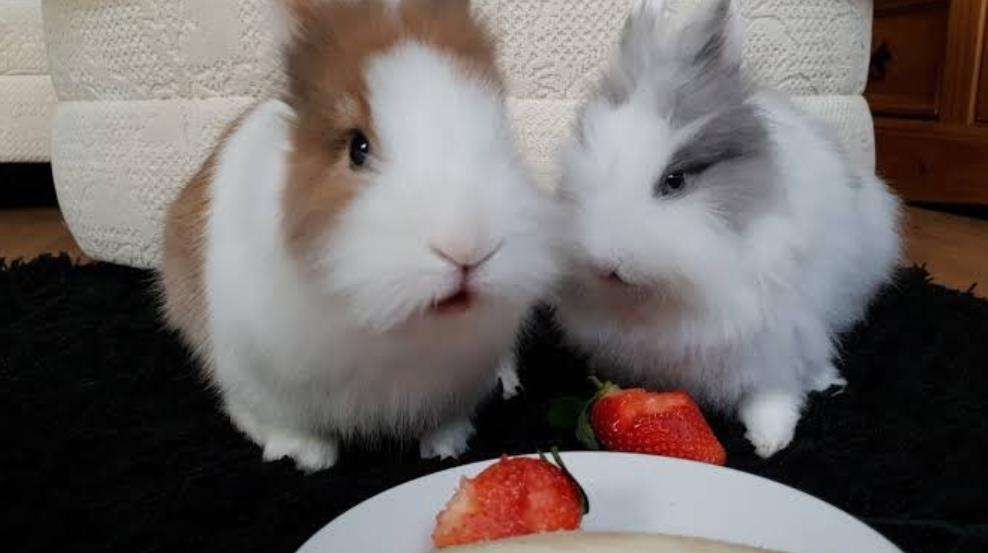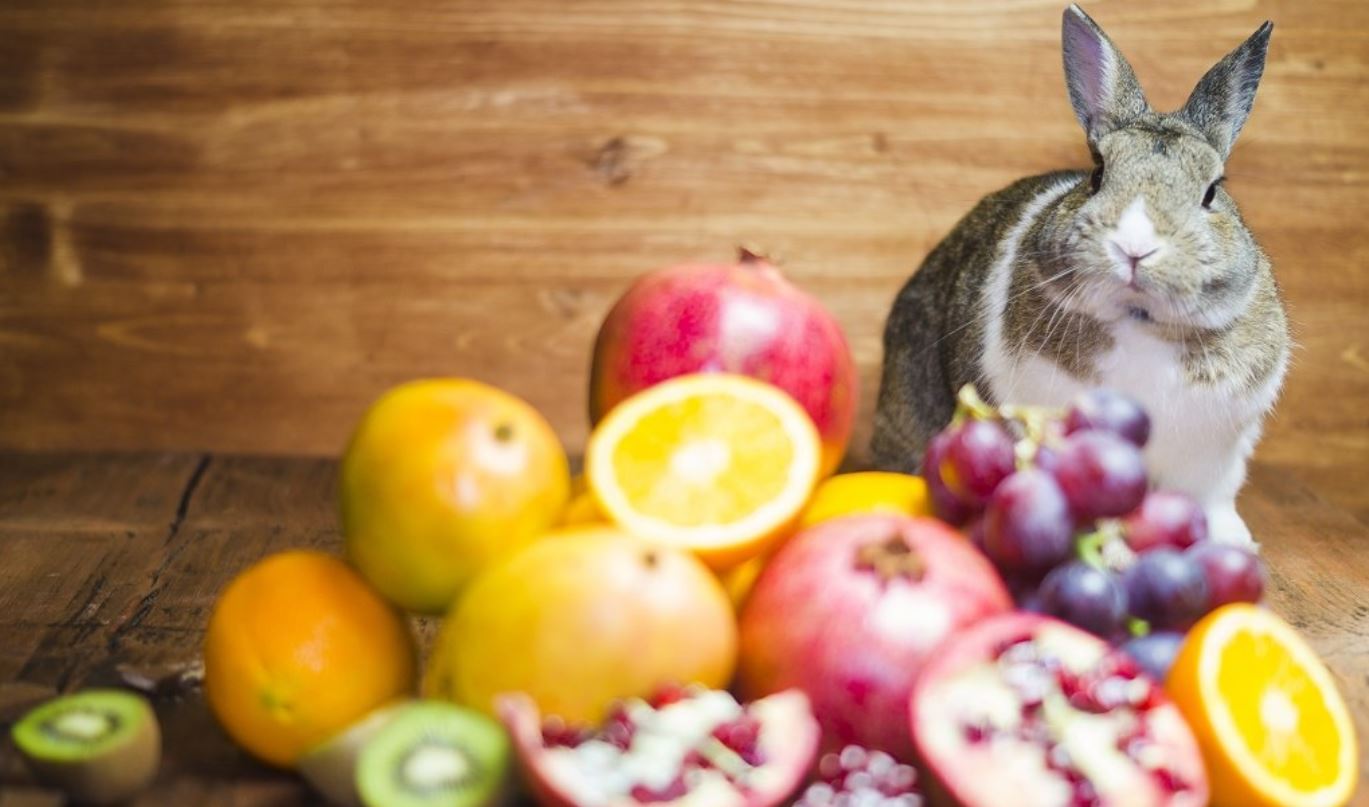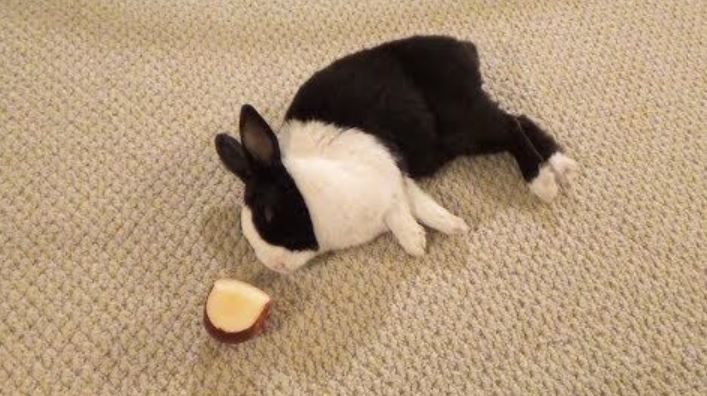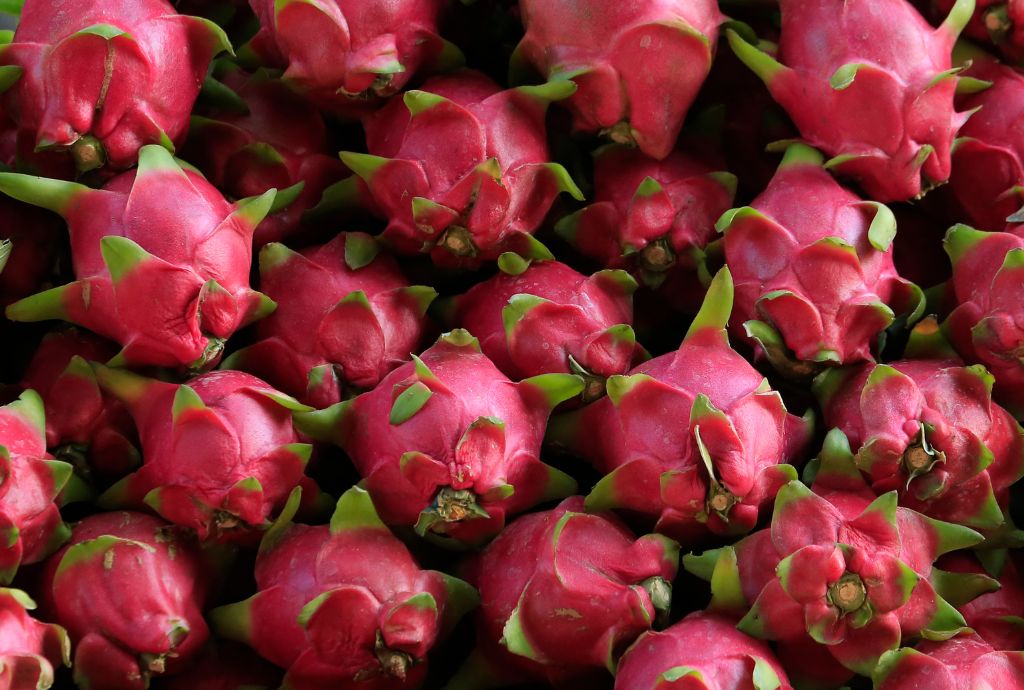
Dragon fruit, also known as pitaya, is a strikingly vibrant fruit that’s increasingly found in many fruit bowls across the world. With its unique appearance and reported health benefits for humans, it’s only natural for rabbit owners to wonder if they can share this exotic treat with their furry friends. Considering the dietary sensitivities of rabbits, the question isn’t just about whether they can eat dragon fruit, but also whether they should.
Rabbits have a very specific digestive system, vastly different from humans. They require a diet high in fiber, low in sugar, and relatively low in protein. Typically, a rabbit’s diet should consist mainly of hay, a good portion of fresh vegetables, and a limited amount of fruits. This dietary balance helps prevent obesity and maintain gastrointestinal health, which is crucial for rabbits. But what about dragon fruit? Does it fit into a healthy diet for rabbits, or could it possibly pose some risks?
Table of Contents
Understanding Dragon Fruit: Composition and Nutritional Value
Composition Breakdown of Dragon Fruit Dragon fruit is mainly composed of water, which makes it a low-calorie treat. It’s rich in vitamin C, several B vitamins, and minerals like calcium and phosphorus, which are essential for maintaining a healthy rabbit. However, it also contains sugars, which necessitates moderation in a rabbit’s diet.
Dragon fruit, or pitaya, boasts a fascinating array of nutrients. The fruit is largely made up of water—over 90%—making it hydrating and low in calories. It’s packed with vitamin C, which is a potent antioxidant beneficial for immune function. Additionally, dragon fruit contains a variety of B vitamins, including B1 (thiamine), B2 (riboflavin), and B3 (niacin), which are vital for energy metabolism and maintaining healthy skin and fur in rabbits. The fruit also provides essential minerals like calcium and phosphorus, necessary for strong bones and teeth. Despite these benefits, dragon fruit also contains natural sugars, which must be taken into consideration when feeding it to rabbits.
Nutritional Benefits of Dragon Fruit for Rabbits While the sugar content might sound alarming, dragon fruit also brings several nutritional benefits to the table. Its high vitamin C content can be a boon for a rabbit’s immune system, and the fiber it contains helps with digestion. However, the fiber in dragon fruit is not as high as that found in the primary component of a rabbit’s diet—hay.
The vitamin C content in dragon fruit can potentially enhance a rabbit’s immune system, helping to ward off common illnesses. The fiber, albeit less than in hay, aids in maintaining healthy digestion. Furthermore, the calcium and phosphorus in dragon fruit contribute to healthy bones and teeth. However, the benefits need to be weighed against the potential drawbacks, particularly the sugar content, which can lead to obesity and digestive issues if not managed properly.
Incorporating Dragon Fruit into Your Rabbit’s Diet
How to Safely Introduce Dragon Fruit to Rabbits Introducing new foods to a rabbit’s diet should always be done gradually to avoid upsetting their sensitive digestive systems. Start with a small piece of dragon fruit, observing your rabbit for any signs of distress or digestive upset. If there are no adverse reactions, you can slightly increase the amount but always keeping it as an occasional treat.
When introducing dragon fruit, begin with a small amount—about a teaspoon-sized portion. Observe your rabbit closely over the next 24 hours for any signs of digestive upset, such as diarrhea, bloating, or changes in behavior. If your rabbit seems unaffected, you can occasionally offer a slightly larger piece, but never more than a tablespoon at a time. This cautious approach helps ensure that the fruit is well-tolerated and enjoyed without adverse effects.
The Right Serving Size and Frequency Due to its sugar content, dragon fruit should only be a small part of a rabbit’s diet. A few small cubes equivalent to a tablespoon every now and then is more than enough for your rabbit. It’s important to balance this treat with high-fiber foods like hay, which should still make up the majority of your rabbit’s intake.
Moderation is key when it comes to feeding dragon fruit. Given its sugar content, it’s best to limit this treat to once or twice a week. Small cubes, totaling about a tablespoon, are sufficient for an average-sized rabbit. Always ensure that fresh hay, the cornerstone of a rabbit’s diet, is readily available to maintain their digestive health.
Potential Health Risks of Dragon Fruit in Rabbits
Sugar Content and its Effects The primary concern with dragon fruit in a rabbit’s diet is its sugar content. Rabbits are prone to obesity and other metabolic diseases like GI stasis if their diet contains too much sugar. Therefore, while dragon fruit is not toxic to rabbits, its sugar content means it should only be a treat, not a staple.
The high sugar content in dragon fruit can lead to several health issues in rabbits if consumed in excess. Excessive sugar intake can result in obesity, which is a precursor to many other health problems such as arthritis, heart disease, and respiratory issues. Moreover, too much sugar can disrupt the delicate balance of gut bacteria, leading to gastrointestinal stasis—a potentially life-threatening condition where the digestive system slows down or stops entirely.
Considerations for Diabetic or Overweight Rabbits For rabbits that are already overweight or for those who are diabetic, it’s advisable to either avoid dragon fruit altogether or consult with a veterinarian before introducing it into their diet.
If your rabbit is overweight or diabetic, dragon fruit should be avoided due to its sugar content. Even small amounts can exacerbate existing health conditions. Always consult with a veterinarian to determine the best dietary plan for rabbits with specific health concerns. In such cases, sticking to high-fiber, low-sugar vegetables and hay is usually the best approach.
Observing Rabbit Behavior and Health
Monitoring for Adverse Reactions Whenever introducing a new food, it’s crucial to monitor your rabbit for any adverse reactions. Signs of distress can include changes in appetite, lethargy, and digestive disturbances like diarrhea or constipation. If any of these symptoms occur, discontinue feeding dragon fruit immediately and consult your veterinarian.
When a rabbit is given dragon fruit for the first time, pay close attention to their behavior. A healthy rabbit should remain active, curious, and maintain regular eating habits. Any deviation from normal behavior, such as a lack of interest in food or lethargy, can be an indicator that the fruit is not agreeing with them. Similarly, digestive issues like diarrhea or constipation should be taken seriously and addressed promptly.
Importance of a Balanced Diet A balanced diet is fundamental to a rabbit’s health. While treats like dragon fruit can be a delightful addition, they should never replace the core components of a rabbit’s diet, which include fresh hay, leafy greens, and a controlled amount of rabbit pellets. This balance ensures that your rabbit receives all the necessary nutrients without the risks associated with overfeeding sugary treats.
Dragon fruit should be seen as an occasional indulgence rather than a dietary staple. The foundation of a rabbit’s diet should always be high-fiber foods, primarily hay, which supports healthy digestion and prevents dental problems. Fresh vegetables provide essential vitamins and minerals, while a small number of high-quality pellets ensure balanced nutrition. By maintaining this balance, you can offer treats like dragon fruit without compromising your rabbit’s overall health.
Expert Tips on Feeding Fruits to Rabbits
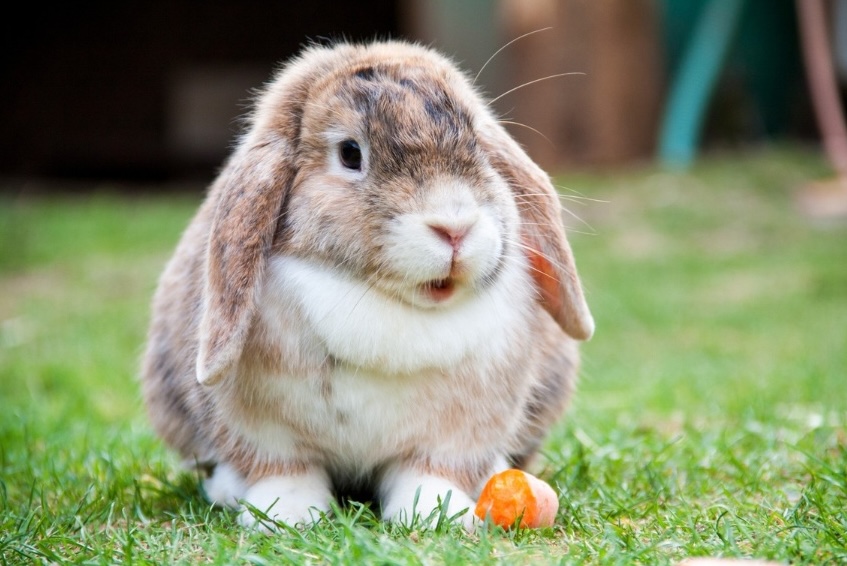
Selecting the Right Fruits Not all fruits are suitable for rabbits. Safe options include apples (without seeds), blueberries, strawberries, and melons. Always wash fruits thoroughly to remove pesticides and cut them into manageable pieces to prevent choking. It’s also essential to introduce any new fruit gradually to monitor for any adverse reactions.
When choosing fruits for your rabbit, prioritize those that are low in sugar and high in fiber. Apples, minus the seeds, provide vitamins and are generally well-tolerated. Blueberries and strawberries are antioxidant-rich and make excellent occasional treats. Melons can be hydrating but should be given sparingly due to their sugar content. Always ensure fruits are fresh, clean, and free from pesticides.
Avoiding Toxic Fruits Some fruits are toxic to rabbits and should be avoided entirely. These include avocados, which contain persin, a toxin harmful to rabbits. Additionally, fruit seeds and pits, such as those in apples and cherries, contain cyanogenic compounds that can be dangerous if ingested. Always research and consult with a veterinarian before introducing any new food into your rabbit’s diet.
It’s critical to be aware of toxic fruits and their components. Avocados, for instance, are highly toxic to rabbits due to persin. Similarly, seeds and pits in fruits like apples, cherries, and peaches contain cyanide compounds and must be avoided. Educate yourself on safe and unsafe foods for rabbits to ensure their safety and well-being.
Serving Fruits Appropriately When serving fruits, remove any seeds, pits, or skins that might be difficult for rabbits to digest. Offer fruits in small, bite-sized pieces to prevent choking hazards and always in moderation. Combining fruits with high-fiber foods can help mitigate any potential digestive issues and ensure your rabbit enjoys their treat without adverse effects.
To safely serve fruits, always remove parts that are indigestible or toxic, like seeds and skins. Cut fruits into small pieces to make them easier for rabbits to eat and digest. Offering fruits alongside high-fiber foods, like hay, can help balance their diet and reduce the risk of gastrointestinal issues. Moderation and proper preparation are key to safely incorporating fruits into your rabbit’s diet.
Conclusion
While rabbits can eat dragon fruit, it should only be offered as an occasional treat due to its sugar content. The nutritional benefits of dragon fruit, such as vitamin C and fiber, can contribute positively to a rabbit’s health when given in moderation. However, the potential risks associated with its sugar content necessitate careful monitoring and limited feeding. Always introduce new foods gradually and observe your rabbit for any adverse reactions. Maintaining a balanced diet with a focus on high-fiber foods like hay ensures your rabbit’s health and well-being. When in doubt, consulting with a veterinarian can provide additional guidance tailored to your rabbit’s specific dietary needs. By following these guidelines, you can safely introduce dragon fruit as a delightful, occasional treat for your furry friend.
